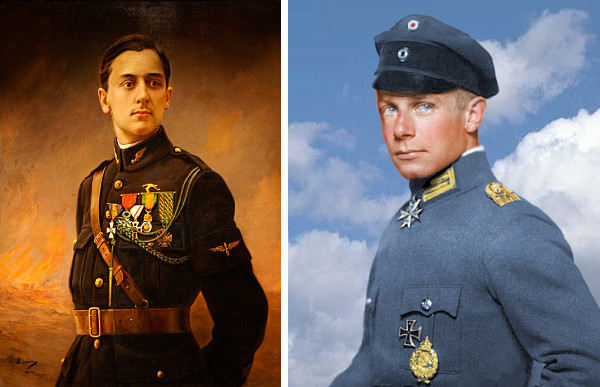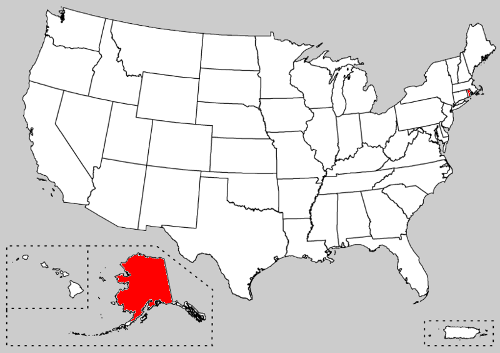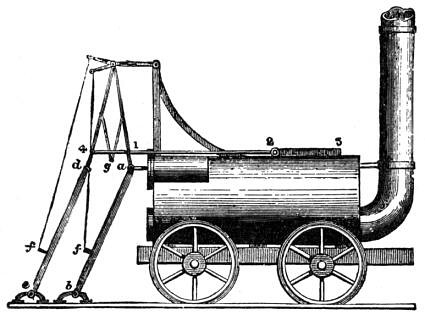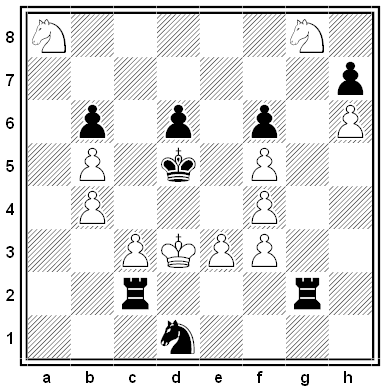
Flying alone over France in April 1917, German flying ace Ernst Udet engaged another lone pilot in aerial combat. The other pilot, a Frenchman, was exceptionally talented, anticipating all of Udet’s moves and reacting instantly. “Sometimes we pass so closely I can clearly recognize a narrow, pale face under the leather helmet,” Udet wrote later. “On the fuselage, between the wings, there is a word in black letters. As he passes me for the fifth time, so close that his propwash shakes me back and forth, I can make it out: ‘Vieux‘ it says there — vieux — the old one. That’s Guynemer’s sign.”
Guynemer was Georges Guynemer, France’s top fighter ace, who had brought down 30 Germans in fights like this. “Slowly I realize his superiority,” Udet wrote. “His aircraft is better, he can do more than I, but I continue to fight.” For a moment he managed to get Guynemer into his sights, but he found that his gun wouldn’t fire — it was blocked.
Udet tried to clear the stoppage by hand but failed. He considered diving away but knew that Guynemer would instantly shoot him down. They circled one another for another eight minutes as Udet sought to evade the Frenchman’s guns. When Guynemer swooped overhead, Udet hammered the gun with his fists and then realized his mistake:
Guynemer has observed this from above, he must have seen it, and now he knows what gives with me. He knows I’m helpless prey.
Again he skims over me, almost on his back. Then it happens: he sticks out his hand and waves to me, waves lightly, and dives to the west in the direction of his lines.
I fly home. I’m numb.
“There are people who claim Guynemer had a stoppage himself then,” Udet wrote in Ace of the Iron Cross. “Others claim he feared I might ram him in desperation. But I don’t believe any of them. I still believe to this day that a bit of chivalry from the past has continued to survive. For this reason I lay this belated wreath on Guynemer’s unknown grave.”



